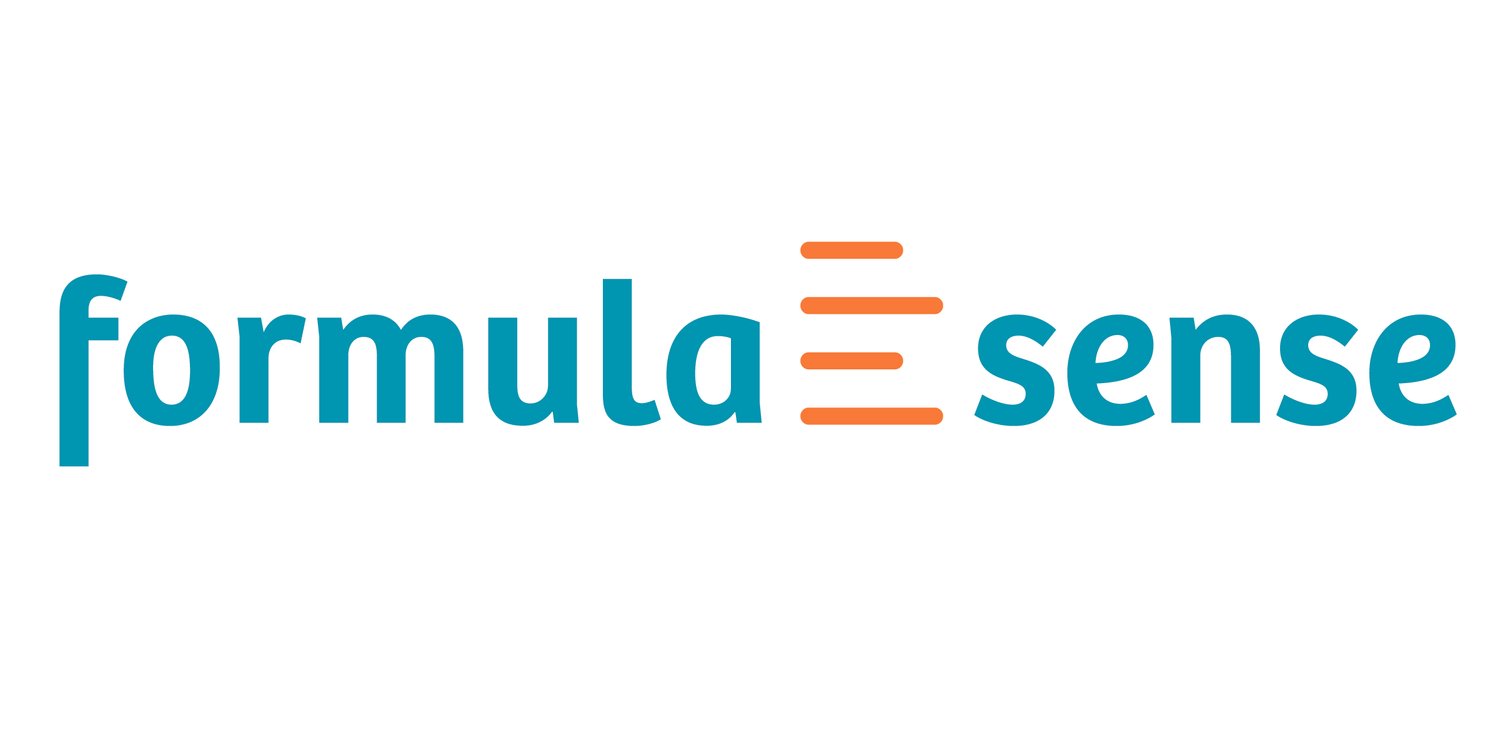What is Ascorbic Acid?
[pronounced: a-SCOR- bik ac-id OR ə-ˈskȯr-bik ˈa-səd]
Unlike most animals, humans cannot make ascorbic acid, the micronutrient commonly known as vitamin C. A water-soluble vitamin, ascorbic acid is not stored in the body like calcium is stored in bones. Infant formulas contain ascorbic acid so that infants get vitamin C every day.
Sodium ascorbate and ascorbyl palmitate are other form of vitamin C found in infant formulas.
Historical Importance
Most of us learned about vitamin C in history class: During the early days of European ocean travel, scurvy was rampant. Scurvy, caused by vitamin C deficiency, was prevented and treated with citrus juice (limes and lemons), which would not spoil on long voyages. School teachers tend to describe it as an oral nuisance for gum disease and tooth loss, ignoring its true costs: scurvy killed as many as one half of the sailors on long voyages (and during this period scurvy caused more sailor deaths than storms, shipwreck, and combat combined).
Why is Vitamin C Important?
A focus on gum disease highlights vitamin C’s vital biological role in making collagen, the main structural protein of connective tissues. Collagen is found throughout the body, in blood vessels, joints, muscle, skin, bone, and even blood cells. Vitamin C also helps make neurotransmitters. No wonder scurvy was so deadly—vitamin C deficiency affects every organ system.
Deficiency is exceedingly rare in the modern era. Many foods contain even small amounts of vitamin C. The Recommended Dietary Allowance (RDA) of vitamin C in infants is about as much as it is for 9–13 year olds!
Regulations and Safety
The FDA Infant Formula Act requires formulas in the United States to have at least 8 milligrams (mg) vitamin C per 100 calories prepared formula (usually about 5 ounces or 150 ml). It does not set a maximum level. The European Commission requires between 10 and 30 mg vitamin C per 100 calories prepared formula.
In the United States, sodium ascorbate is generally regarded as safe (GRAS) when good manufacturing practices are used. In Europe, sodium ascorbate is known as e301 in the E-number system of substances that can be added to foods.
Dietary Considerations
All religious groups, vegans, and vegetarians can consume ascorbic acid.
